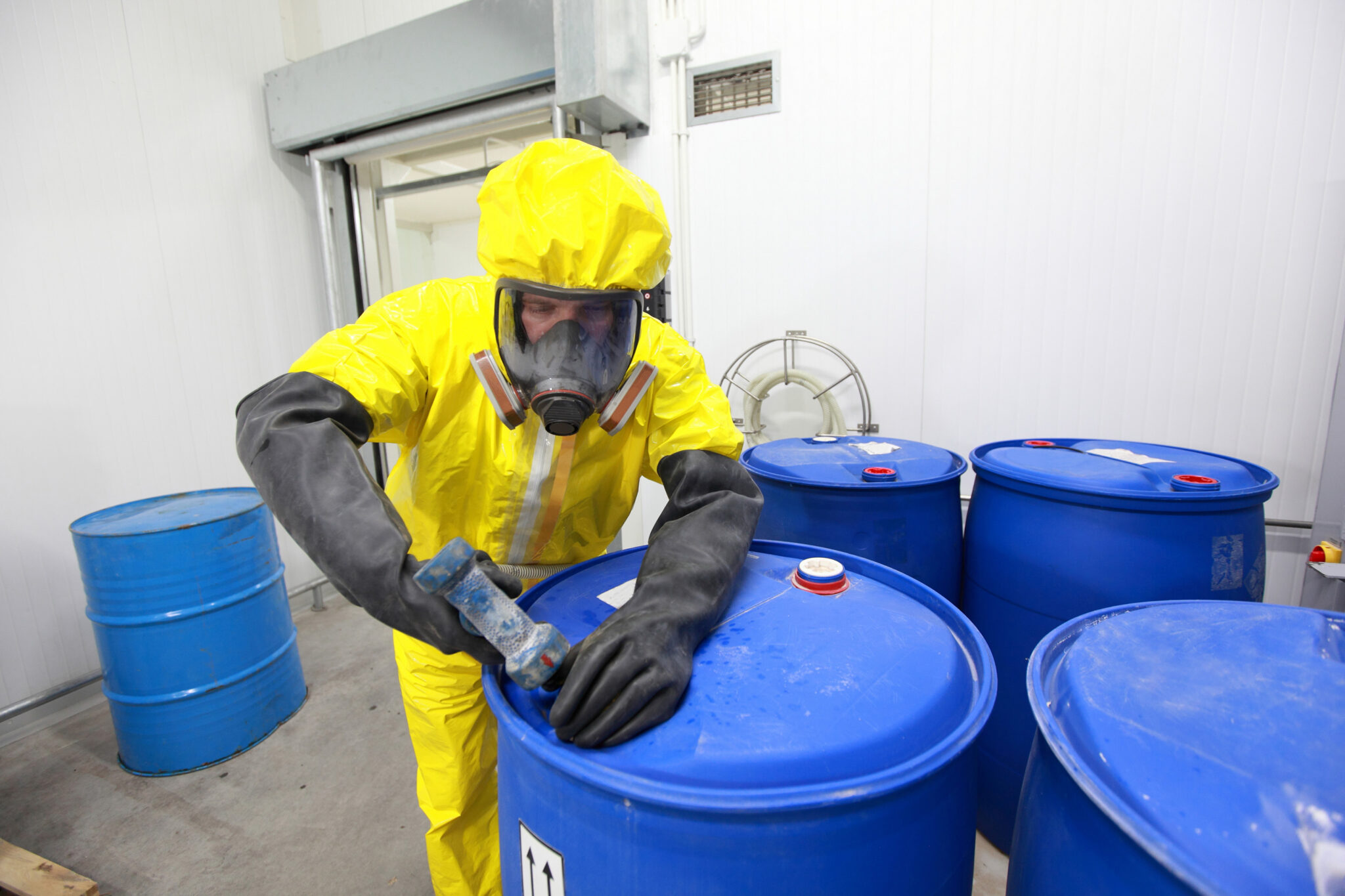
The chemical recycling of plastic, a recent technique that manufacturers have put forward, is a “false solution”according to a report published on Monday, March 7 by a US environmental organization, which has been studying the case of eight plants in the United States.
Chemical recycling differs from mechanical recycling, which is the most widely used worldwide. If mechanical recycling does not make it possible to obtain plastic of the same quality, chemical recycling uses different techniques (high heat, chemical reaction, etc.) to break down the material and thus return to its basic molecules. That’s how he aroused enthusiasm.
But according to the NGO Natural Resources Defense Council (NRDC), factories that use this process produce far from most of the new plastic.
In reality, they mainly produce fuel that is then burned, and large amounts of polluting waste, says the NGO, which uses a process of “wash green”†
“Chemical recycling plants not only fail to recycle efficiently and safely plastic waste, but they also release pollutants into the environment”said the lead author of this report, Veena Sinla.
Of the eight factories surveyed, five were devoted to the production of fuel, which is then burned to produce electricity. As with any fossil fuel, greenhouse gases are released that are responsible for climate change.
In addition, six of these plants are authorized to release into the air chemicals called PAHs (polycyclic aromatic hydrocarbons), which are the result of the chemical recycling process and are known to cause health problems.
“Converting plastic into fuel should not be regarded as recycling”
One plant in particular has been studied by NRDC. Located in Oregon, it harvests polystyrene and uses a pyrolysis technique to reduce it to styrene. But between 2018 and 2020, the NGO notes, the Agilyx factory sent 150,000 kg of this styrene “incinerate instead of converting it into new plastic”†
In addition, in 2019, nearly 230,000 kg of hazardous waste (benzene, lead, cadmium, etc.) was sent to other sites for incineration.
Contacted by AFP, the company said the obtained styrene was put to good use “to create new equivalent polystyrene products”and that the process was not the cause of a “significant amount of hazardous waste”† According to the OECD, less than 10% of the plastic waste on Earth is recycled.
Earlier this month, the UN launched negotiations for a global treaty against plastic pollution, which may also address the issue of recycling. But according to NRDC, the only real solution is to reduce the quantities produced: “The world is drowning in plastic and we have to turn off the tap. †
(AFP)